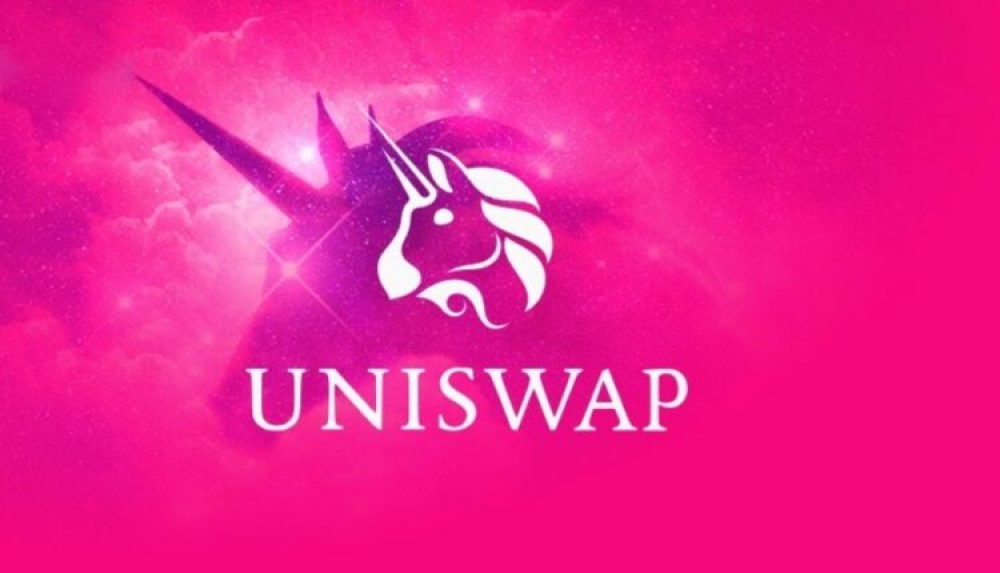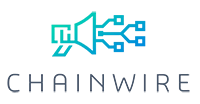QANplatform, the quantum-resistant hybrid blockchain, has listed its native utility token QANX on decentralized exchanges PancakeSwap and Uniswap.
The open-source platform, which recently secured $2.1 million investment from funds such as BlackDragon and Fairum Ventures, simultaneously listed on the popular BSC and Ethereum DEXs on June 2, with $250,000 worth of QANX available on each.
The listings follow on the heels of an IDO launchpad round of $700,000 from the BSCPad, Samurai by CyberFi, and TrustPad communities, where $200,000 worth of tokens were sold inside a minute of the launch.
QANX Token Shoots to #1 Spot
After a day’s trading on the leading Ethereum and Binance DEXs, the QANX token was the number one trending asset on both Dextools for Uniswap and Dextools for PancakeSwap.
QANplatform’s native utility token, QANX is required to pay for executing methods of deployed contracts and also to cover transaction fees when transferring tokens. Validators must also purchase validation tickets in QANX to participate in the validation process, while full-node providers use QANX to buy full-node licenses.
Purported to be the fastest blockchain to deploy to cloud platforms like Amazon AWS or Linode, QANplatform is notable for its ability to secure data transactions against quantum computer attacks. The threat of quantum computing has long been a hot topic in the crypto community, with security advocates warning that “quantum supremacy” could endanger public networks and compromise users’ private keys.
A Blockchain That Covers All Bases
Pitched at developers and enterprises, QANplatform enables users to build dApps and issue cryptocurrencies/NFTs, coded in a variety of major programming languages including Rust and Lua. Qan also supports public, private and hybrid blockchains, with users able to build defi projects and run business processes even if they are inexperienced in blockchain or cryptography.
While the private QANplatform blockchain can handle 97,000 transactions per second (TPS), the public blockchain is capable of processing 1,600 TPS. The platform uses a novel Proof-of-Randomness (PoR) consensus model that ensures low energy consumption in contrast to Proof-of-Work blockchains like Bitcoin and Ethereum. In fact, nodes can be run on a Raspberry Pi while validations can be completed on a smartphone.
A slew of platforms will soon be integrated into QAN including cloud servers such as IBM Cloud, Microsoft Azure, Google Cloud, and Digital Ocean. Support for Microsoft, VirtualBox, KVM and Xen is also on the way.
Bitcoin (BTC) $62,024.92 -0.32%
{
Ethereum (ETH) $2,420.09 0.02%
Tether (USDT) $1.00 -0.01%
 Solana (SOL) 143.540447 -0.36%
Solana (SOL) 143.540447 -0.36%Dogecoin (DOGE) $0.11 -0.41%
Cardano (ADA) $0.35 -1.21%
Chainlink (LINK) $11.25 -0.60%
{
 Litecoin (LTC) $67.42 2.81%
Litecoin (LTC) $67.42 2.81% Helium (HNT) 7.090215 -0.64%
Helium (HNT) 7.090215 -0.64% Polygon (MATIC) 0.37974 -1.13%
{
Polygon (MATIC) 0.37974 -1.13%
{
Dash (DASH) $24.17 1.86%
{
 X-CASH (XCASH) 1.0E-6 5.62%
X-CASH (XCASH) 1.0E-6 5.62%






